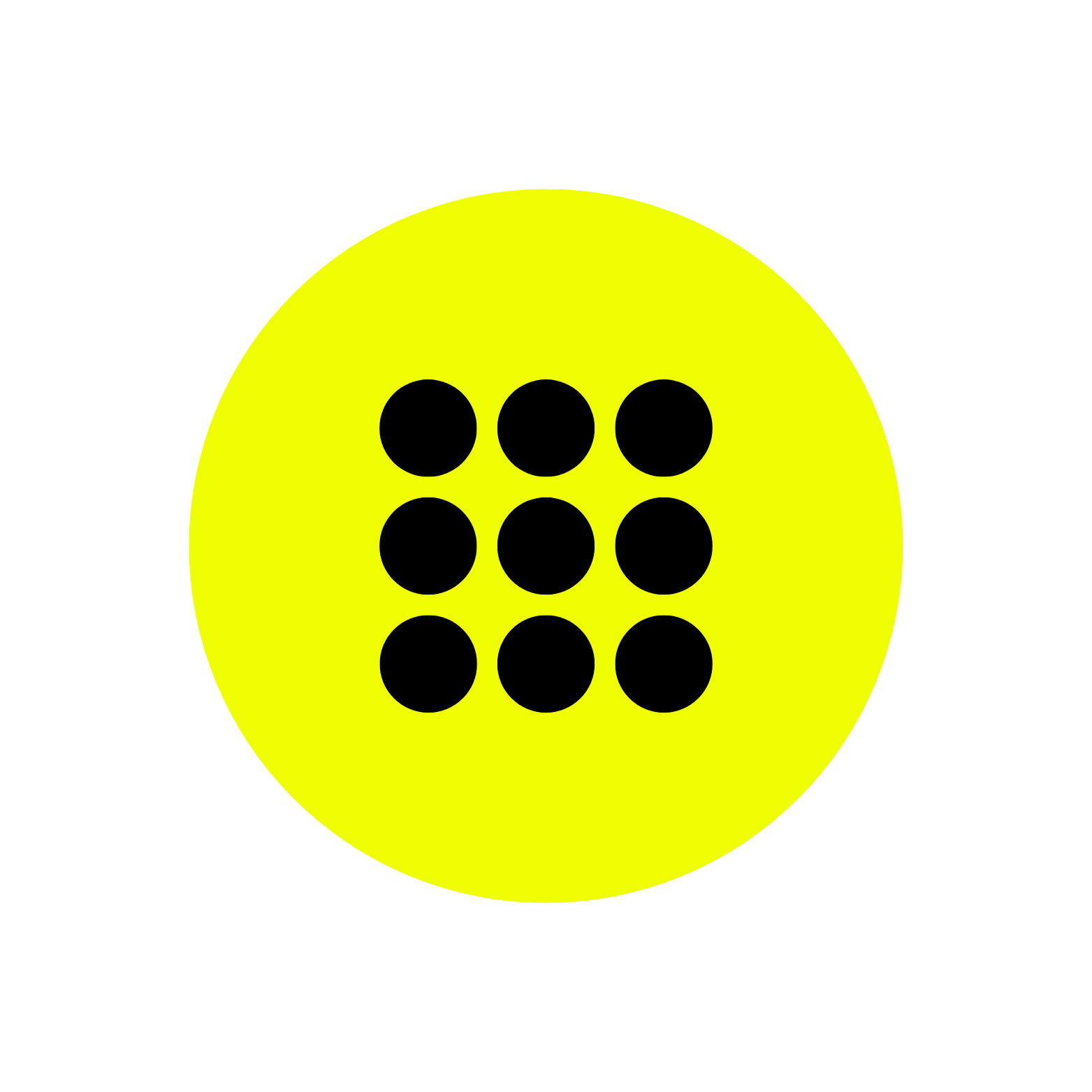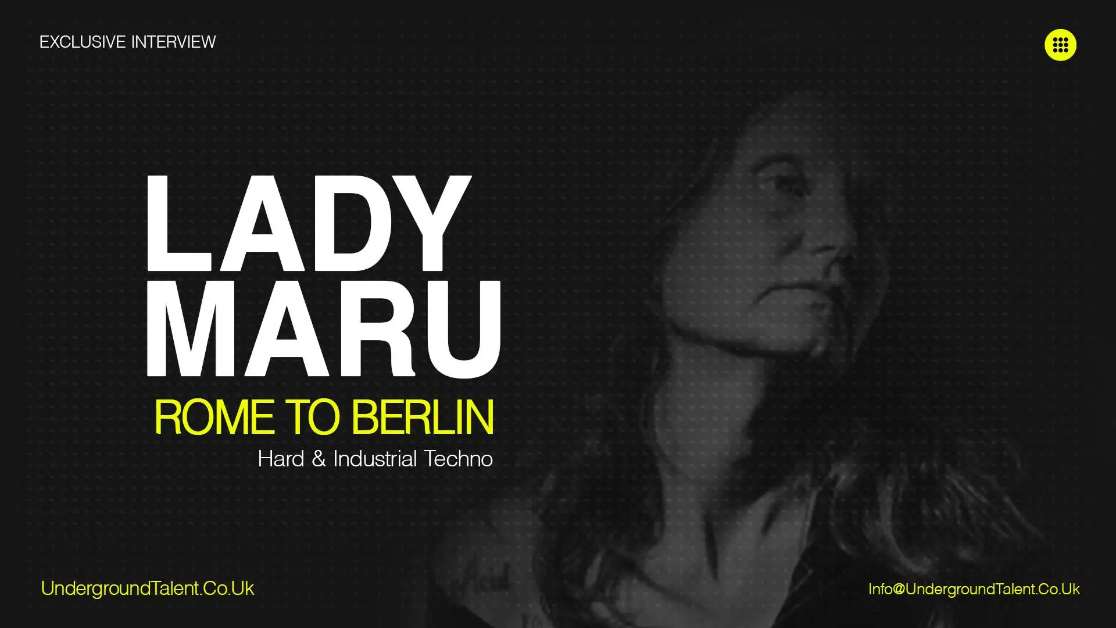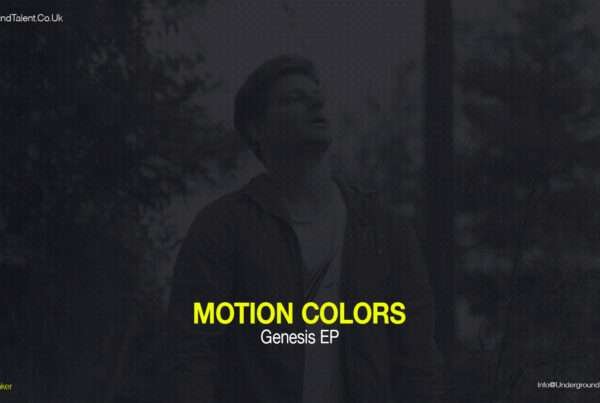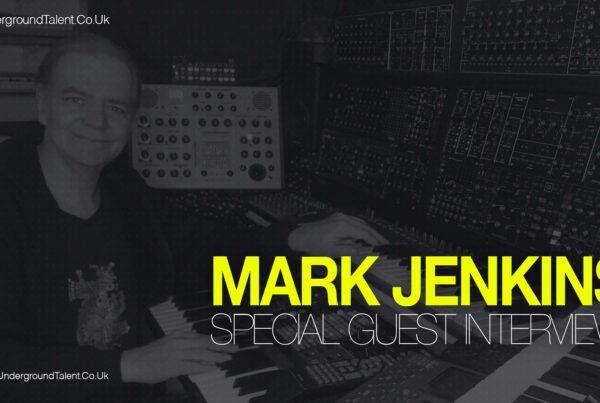Exclusive Interview with Lady Maru | Industrial & Hard Techno | Rome to Berlin
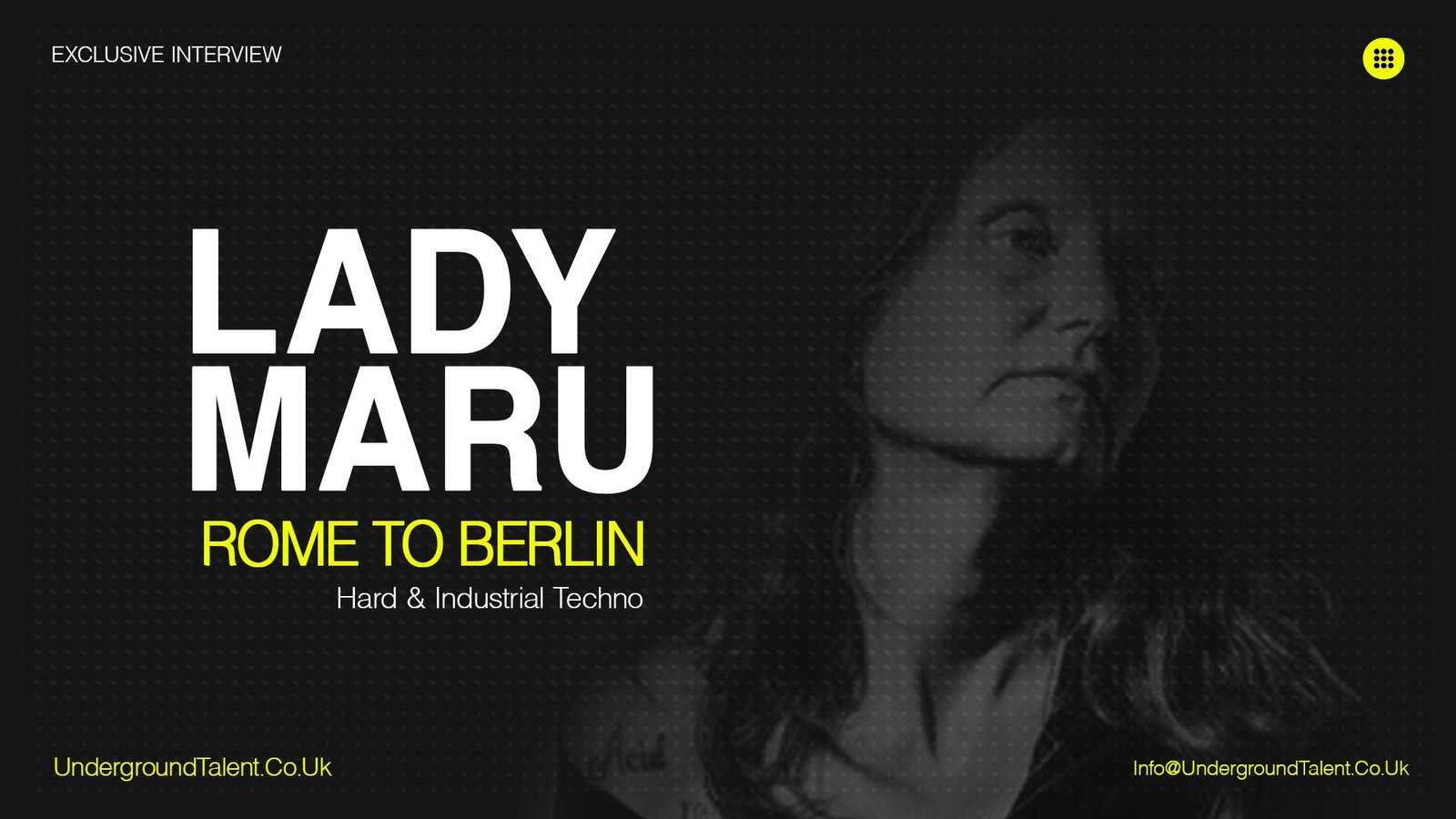
Designed by Loop Media
Who Is Lady Maru?
Lady Maru is a roman now Berlin-based electronic producer and post-punk musician. She started producing music with an electric guitar, some toy percussions and a Tascam four-track recorder. She became quickly active as a noise guitarist and Casio player for post-punk and no-wave bands.
Her DJ career started in clubs and underground raves, always trying to combine two influences, Art Punk and Techno.
Her actual sound as a producer and as a DJ is mostly based on acid techno with industrial and EBM influences. she is also a Gegen Berlin resident DJ.
Lady Maru has numerous releases on Labels such as Gegen Records, Hydraulix, Revok Records, MMA Belgium, Physical Techno Records, Insane Industry, Fluctuat, Witches Are Back, Obscuur Records, Industrial Complexx, Diffuse Reality, Harder Traxx, Scuderia and Chronicles Records.
Lady Maru | HÖR | female:pressure
Don’t Miss: Audiocult – Connect with the Dance Music Industry
How did you start? What made you DJ?
I started to play electric guitar as a teenager, and I got closer to electronic music thanks to the secret Italian rave scene.
I started going out clubbing in the early 2000s when club music was not just house or rough commercial techno anymore, it got influenced by more of a “rock‘n’roll” attitude. During that time I’ve seen many producers, performers, dancers, singers and musicians playing really good live sets, and that sparked my interest specifically in dance music.
So, when I was in Berlin and London, I did some record shopping just for fun at first, but when friends started organizing queer events in Rome, they gave me the opportunity to play there and use my vinyl collection. I had absolutely no mixing skills, but I still had a nice response from the audience, so I just kept on going, but moved from analogue to digital not long after, though.
Don’t Miss: Exclusive Interview with TOLR

Lady Maru
How do you describe your sound? What were your influences?
I always tried to listen to a bit of everything, I’ve tons of different music on my hard drive – from weird hidden post-punk and soul music through old cheesy pop to hardcore techno. But the music that could influence my own productions is the direct, rough stuff: post-punk, minimal wave, noise, acid and industrial techno.
How do life and music career feedback on each other?
It’s an interesting question! I never thought of it really, but I knew since high school that, in one way or another, I wanted to work with my own music.
During the studying period, I had a small event agency with my band member. We were organizing gigs, mostly concerts, and booking extra jobs in providing our services to bigger organizers. We did this to avoid having to look for a fixed job which would prevent us from touring as a band.
Now, those artistic gigs are my only source of living income, I realise how hard it is to do. I’ve spent too much time in places like Rome, with no help from the government and no real club music culture. After having struggled a lot, I think that the life you have, and the time and place where you live can really impact your career, despite your musical background and skills.
Don’t Miss: Exclusive Interview with Queensyze
Why do you love Djing? Can you describe what makes a good DJ?
I think the thing I like the most about DJing unless you are playing vinyl, is that it’s very easy to follow the human flow and catch the adrenaline, especially if the Soundsystem is good and you don’t have to deal with any sound issues.
For me, it’s basically a journey you can decide to do together with the dancers. I think for some DJs it’s more about dragging dancers onto their journey. In my opinion, a good DJ is firstly judged by their track selection. I’m not a fan of well-known tracks and commercial sounds, I like when the DJ makes good musical research and mixes tracks with passion.
If I feel that there is real passion in what the DJ is doing, I usually like the DJ, even if it’s not exactly the genre I would play myself.
Read Also: Behind the Scene Interview with Lau.Tastic
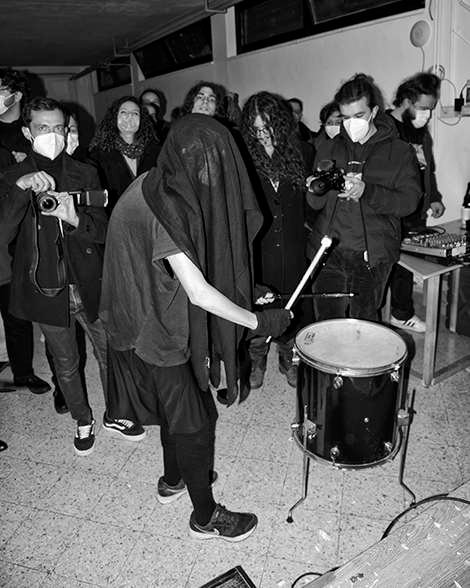
Lady Maru
If you’d have a gig tonight, what would your approach look like? How would you prepare yourself?
I try to have fresh music all the time, so at least a selection of maybe 20 new tracks would work for sure. Of course, with USBs, it’s way easier to constantly get new stuff than it is with vinyl!
Can you describe your own development as an artist?
I try to combine my original Noise and Punk influences with a more Techno attitude. It means spending more and more time producing in the studio alone and putting more effort into the specific sound design for kick and bass.
Of course, distorted sounds are especially hard to mix. It’s a real, tough challenge and a non-stop learning process.
There are many forms of collaboration. What role do they play in your opinion, and what are your ways of engaging with other producers?
I think collaborations are always very helpful, in any form.
Sometimes it’s boring to arrive always at a similar track solution, especially if made in the same life period, whereas if you collaborate, it’s always a great enrichment, both technically and artistically.
Don’t Miss: Audiocult – Connect with the Dance Music Industry
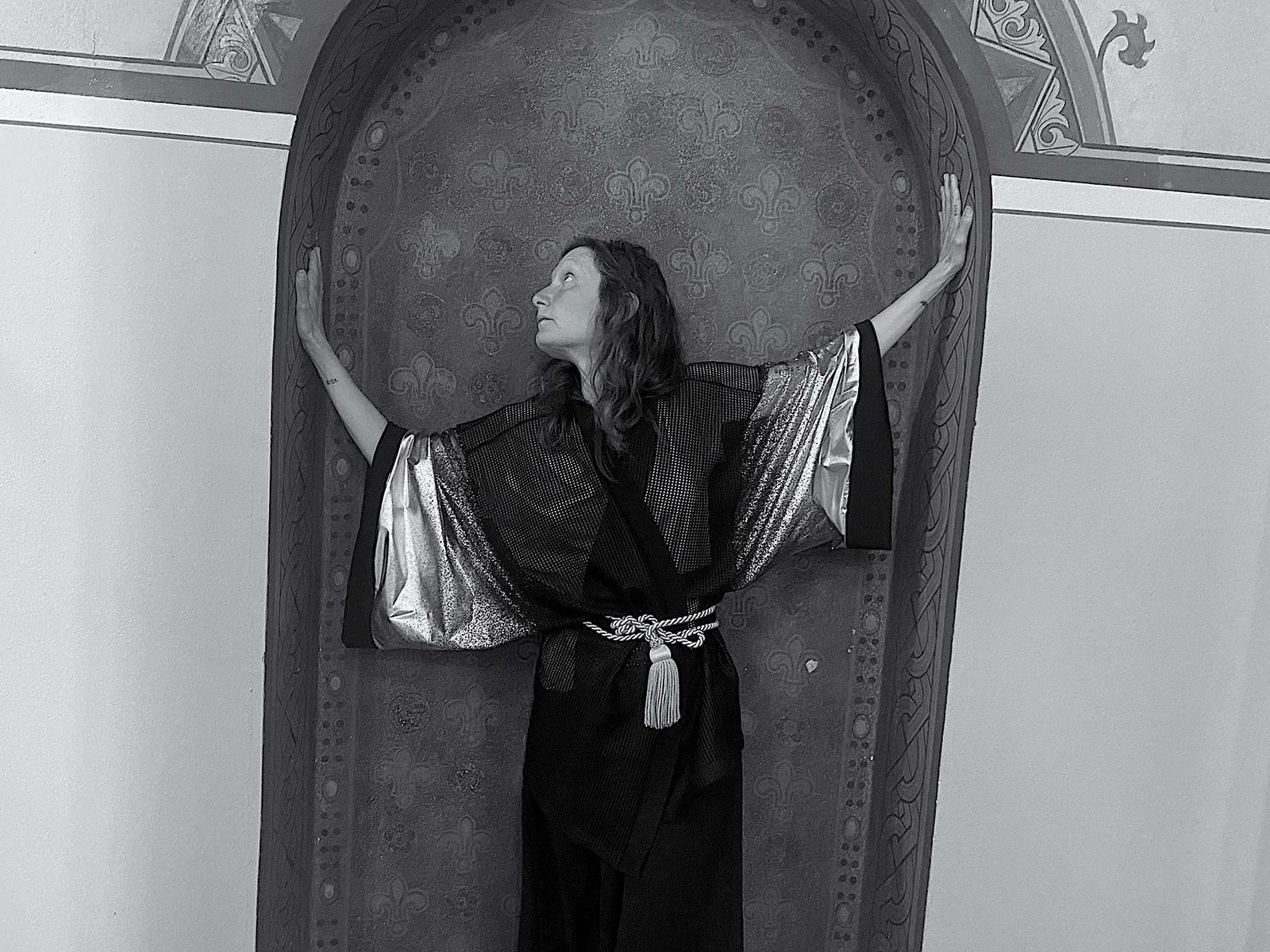
Lady Maru
What can we anticipate from you within the next year? What projects are you currently working on? Are any releases planned?
I’m currently working again on many releases, but first I want to finish them and then I’ll try to give the demo to labels I like, focusing more and more on the sound quality. This is the new plan.
I have a couple of single tracks I like in a VA, done a couple of remixes that will be out at some point, and 2 tracks in London-based label Scale Traxx.
And I’m also finishing mixing a new electronic album with a friend who is also a performer and a photographer, but this is a project with another name (Brutal Casual). It’s way more synthpunk and industrial, noisy sounding. Plus in October I will record with my new punk band based in Berlin (nebel 3000).
Don’t Miss: The Five Advantages of Techno by Lex Bunker
Do you have any recommendations for your work for people to check out?
I made so much different stuff in the past years. Sometimes I think it was a mistake to have done so much, and that it would have been better to release less but more focused. But on the other hand, it’s always possible to change the approach, everybody has their special musical evolution.
Anyway, the stuff I did last year is ok. I always want to change something, but it’s still similar, at least to what I want to do now.
Read Also: July’s EP of the Month with Gonzalo MD
How did the pandemic affect your plans? Do you believe the music industry will ever recover?
I received a very bad kick with covid, as everybody else, because I had some gigs in Europe that I had to cancel because they couldn’t be postponed. Basically, wasted opportunities. But at the same time, I managed to move to Berlin as planned in the years before, and I managed to finally get some grants as a musician since I could neither perform nor DJ.
At least now I have everything fixed, plus of course, I have produced way more, I had the time to understand things better and get out of the circle I was in – playing a lot, mainly in Italy, without looking well at my future and focusing on what can make me become a better artist.
I really hope that the whole industry, the small one, for the most part, will get better soon. Famous things don’t need a hard push, even though I’m of course not happy that covid has affected and ruined many levels of the music industry.
Don’t Miss: Brutalism by Erald | Free Sample Pack
Can you describe the underground music scene of the city you are currently living in?
In recent years I was between Rome and Berlin. Rome has a good audience but it’s really random, you never know what will happen and a lot depends on the venues. You must know the right places to play, where you can feel the good part of the city crowd.
Plus, I think it’s way more hidden and underground than Berlin. A party of the collective, La Roboterie and Witches, are back and has been great so far.
In Berlin, music and techno is an institution, so it’s not really underground. The real underground scene is more connected to the old, almost non-existent squat movement, which you can come across in little places where live acts are still going on. May be mixed with the following techno party, but usually you get to know about those real underground acts by chance.
I think the audience is always great – especially at parties like Gegen or Golosa, where I played after covid.
Don’t Miss: The Greatest Albums of All Time | A Letter From the Past
If you ever had the chance to travel back in time and talk to a younger version of yourself, what would you advise yourself?
To move to a country where music is appreciated, and not stay stuck in Italy 🙂
Listen to Lady Maru’s DJ Sets:
Don’t Miss: Top 10 Techno Artists of All Time
Check Out: Underground Talent’s New Youtube Channel
Find Lady Maru At:
And Always Remember…
Have Fun & Be Creative!
